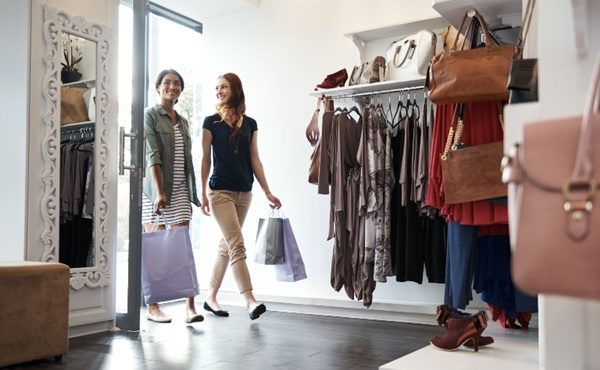Service Integrity, a mystery shopping and research company, recently published Covid-19 nationwide retail survey results. The study was conducted to answer the questions many retailers are asking about new world buying behaviours.
How have buying habits changed?
Of the 680 respondents, only 18 per cent of people said Covid-19 would not affect their buying habits but 41 per cent said the changes would be at significant or change their habits completely. The results are similar for men and women, but 29 per cent of young people (18-25) believe their buying habits will change completely, whereas only 12 per cent of the 50+ group believe their buying habits will change completely.
Are people confident in crowded locations?
Sixty-two per cent of people are not confident in crowded locations. There is a significant difference between men and women, 55 per cent of men are not confident whereas 65 per cent of women are not comfortable in crowded locations.
The least confident people are those in states where Covid flare-ups have occurred with 89 per cent of Tasmanians and 67 per cent of Victorians not confident but only 54 per cent of people in WA lacking confidence in crowded spaces.
The big spenders have gone online
Lack of confidence and restrictions has changed our online buying habits significantly. Thirty-six per cent of people have diverted some spending to online. The move is most pronounced for people earning over $150,000 per year where 46 per cent of respondents have diverted to online.
Again, the states with the Covid-19 flare-ups have the biggest diversion to online with 44 per cent of Tasmanians and 41 per cent of Victorians diverting online, but only 18 per cent of South Australians and 29 per cent of West Australians diverting online.
Where to in the future?
Overall, 37 per cent of people will now shop more online with 52 per cent of those earning over $150,000 per year and only 33 per cent of those earning under $50,000 per year increasing online spend.
Unsurprisingly, 64 per cent of those under 25 years of age will increase their online spending but 30 per cent of the over 50s choose to do so.
What does this mean?
The impact on future retailing is seismic. Across all sectors the change will affect at least 30 per cent of people, whether it be by age, income, gender or even location. Most importantly, if retailers want to maintain their retail stores against this force, they must give consumers confidence that public places will be safe.
What you do about it?
Retailers need to go over the top by showing they respect the customer’s concerns and safety. As the rules are being re-written, retailers need to also check that customers and staff are adhering to the new rules so they don’t destroy their brand, or worse still, make people sick. Retailers must do more than just issue a policy, they must monitor relentlessly using tools such as Covid Audits and Mystery Shops.
By Steven Di Pietro, Service Integrity research and mystery shopping







